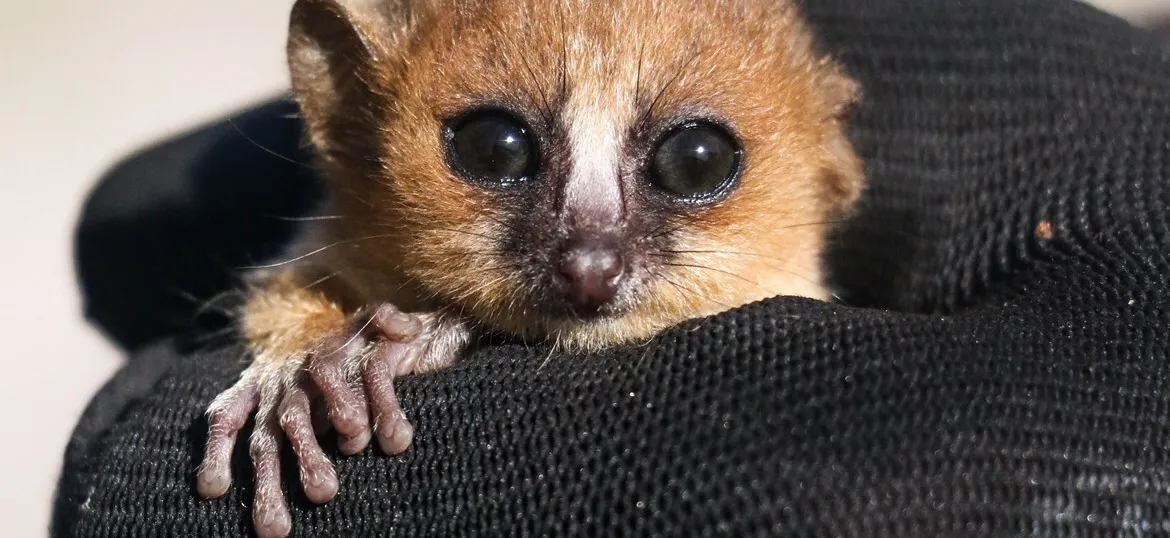
Funded
- About
Summary
The Ala Programme (ala meaning forest in Malagasy) is a ten-year littoral forest conservation strategy that was launched in 2019. Moving into Phase III (2024- 2026), the programme will build on the progress made in Phase I (2019 - 2021) and Phase II (2021-2024) to conserve endangered lemur species by improving habitat connectivity between protected forest fragments in the Sainte Luce littoral forest of Anosy, southeastern Madagascar. Additionally, Phase III will disseminate learnings on forest usage patterns and engage with local forest management structures to increase knowledge on littoral forest biodiversity.
Challenge
With some of the highest levels of endemism seen globally, Madagascar is one the world's largest conservation priorities. Despite this status, forest loss continues to threaten Madagascar's unique flora and fauna with 4.36 million hectares of forest cover lost through deforestation between 2001 and 2021. As a result, lemurs have been categorised as one of the world's most threatened mammals. Additionally, Littoral forests are one of the most threatened ecosystems with the Anosy region containing some of the few remaining viable littoral forests in the country, including the Sainte Luce littoral forest (SLLF). The main threats to the SLLF include industrial-scale mining operations, high community dependence on natural resources, logging, and the clearance of land with fire for agriculture.
Solution
Ala Phase III aims to respond to these threats and build on the success of previous phases to improve habitat connectivity and species dispersal between SLLF fragment eight and nearby littoral forest remnants through the establishment of forest corridors. It also aims to understand and advocate for community forest resource needs, support local forest management structures, and conduct research that promotes adaptive learning and knowledge sharing.
Long-Term Impact
The Ala Programme Phase III aims to contribute to the long-term goal of conserving the biodiversity of the SLLF and tackling deforestation in the long term, while building local management structures. In Phase III, SEED will exchange knowledge with local, regional, and national organisations to further engage stakeholders to sustainably manage forest resources, protecting the littoral forest and its biodiversity to safeguard local populations of four Endangered lemurs.


